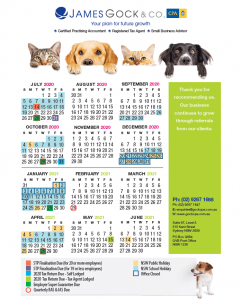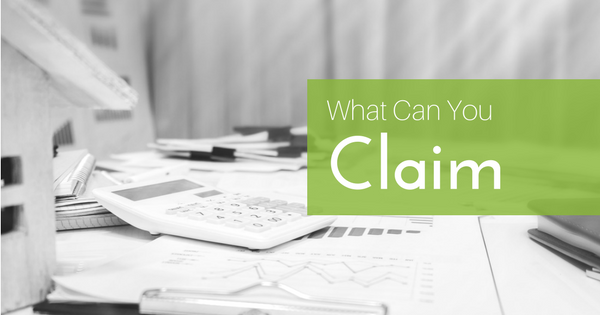
Happy New Financial Year!!
Download our 2020/2021 financial year calendar to help remind you of key accounting and tax dates.
This year, we have two versions – our usual DL version in jpg picture format, which you can use this as a screen wallpaper, and an easy to print A4 pdf version.
Download here:









